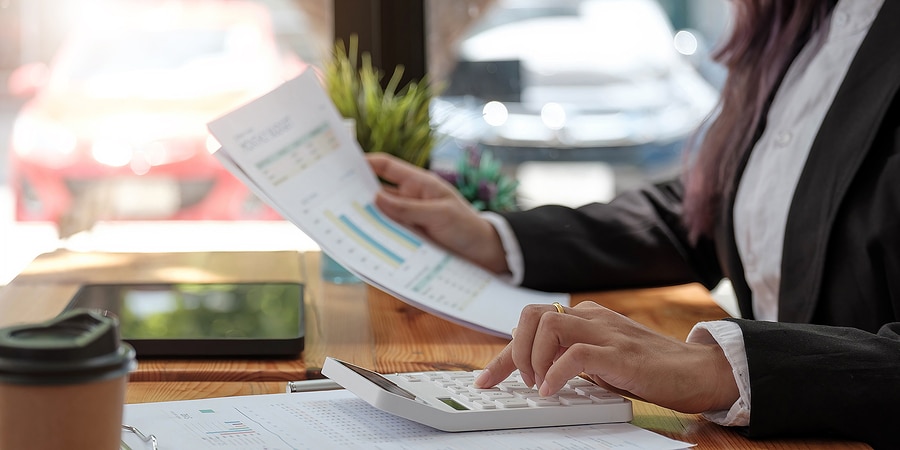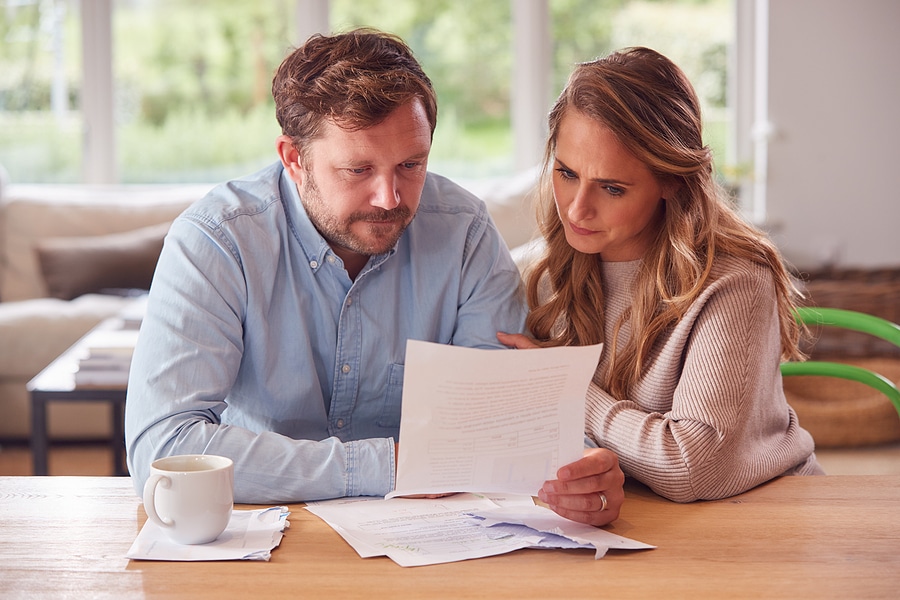
What to ask an accountant about financial planning
It’s important for individuals to regularly assess their financial situation, check their expenses, and make logical predictions and decisions that will impact their future.
Financial advisors and BAS or IAS accountants are experienced in helping individuals by giving them advice about taxes, financial planning, assets, investments, and small business endeavours.
Here are some financial factors you should talk about when you meet with your financial advisor.
How do you assess personal financial health?
There are different components that should be taken into account when analysing your financial situation.
You need to have a holistic approach with assessing your finances in order to understand how stable your capital and resources are.
We walk you through each individual component that should be assessed by an accountant in order to create a financial plan.
Spend
One of the first things you or a personal accountant should look at to get to know your revenue is your spending habits.
The key to a healthy picture of your finances is a consistent eye on a variety of influencing factors – and that includes your monthly spend.
Depending on your earnings and net worth, over-spending can have various degrees of detriment to your overall financial health and growth.
Importantly, we can take a closer look at planned vs. actual spending, and see how, on a month-by-month basis, habits can be tweaked, improved, or modified to ensure your spend is monitored, realistic, and healthy.
Your accounts
While looking at your spending history, an accountant will also look at how much money is going into your account from your salary and any other streams.
There are many different accounts you may have and you should at least have a savings and a transaction account for everyday expenses.
Accountants may want to see what percentage of your income you’re putting in your savings each week and how much you’re spending immediately.
Many people also have cash reserves or emergency funds, and may have accounts with multiple banks.
Individuals might also have a checking or credit account, and therefore you and your accountant may look at your credit history, your credit score, and any credit card debt you have.
Super and retirement planning
Different Superannuation companies have different merits depending on:
- Your income streams
- Your marital status
- What super company your partner is with
- How large your family is
- How long you have been working for the company
Our financial advisors in Melbourne can give you advice on the benefits of various Superannuation providers and help you to figure out which one is right for you.
Your Super should be working for you, to help set up your future. If you’re not sure how to check your Super, have multiple Super accounts, or are curious to know if it’s working as hard as it could be, speak to our team.
You also need to be aware of your Super to ensure that you are receiving the correct amount from your employment.
Assets
People have large assets from investing, buying, and from inheritance.
One of the largest and most common assets people have is residential and investment properties.
Assets like these can increase or decrease in value over time and you always need to be monitoring for inflation, fluctuations, and the many factors that cause these to happen.
Property assets can also include owning a factory, a warehouse, a beach house, or a commercial lot.
Your assets include everything you own, including businesses, vehicles, inventory, office equipment, and machinery.
Investments, loans, and debt
One of the most important components in understanding your financial health is looking at where you’re borrowing and investing your money.
If you’re paying back any number of mortgages for a private and/or commercial property, you need to forecast how long it will take you to pay it back and how to do this with the right budgeting.
Homeowning may always seem more optimal than renting, but in fact many people still lose a lot of money from buying a house when they don’t orchestrate a proper plan to pay it back.
You also may still be paying back your HECS, any other Government or tertiary-related loans, or any other bills like a medical expense.
Apart from property investment, other items you can invest in include mortgage funds, stocks, and cryptocurrency.
How do you make good financial decisions?
By looking at each of those financial aspects separately, you and your accountant can figure out things, such as:
- If you are spending too much money in one area
- If you need to reassess your financial plan
- When you should consider selling assets
- Investment opportunities
- How to earn a passive income
Working with an accountant to review your financial health is a worthy investment that can help you uncover hidden potential.
Many people rely on an excuse to see a financial advisor, like for a financial New Year resolution, but we stress the importance of frequent discussions with your financial advisors to help you pursue the life you want! A lot can change in a year – and 2020 has certainly proven that.

Who can help me with my finances?
Bruce Edmunds are financial advisors in Melbourne’s south east
Bruce Edmunds is an accounting firm in Beaumaris that offers both personal and business accounting in Melbourne.
We can assist you in creating a streamlined, concrete financial plan to help with every aspect of your finances; from superannuation and tax planning through to insurance and retirement planning.
We also assist with personal and business tax returns in Melbourne.
Call us on (03) 9589 5488 or fill out this form to make an enquiry today.






















